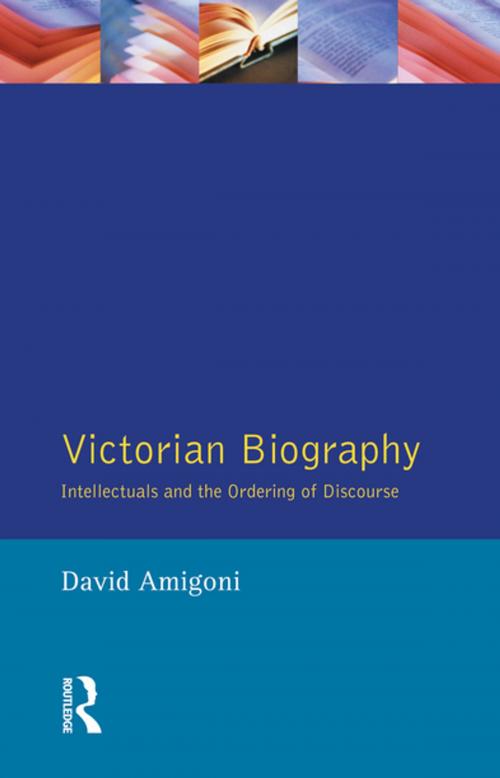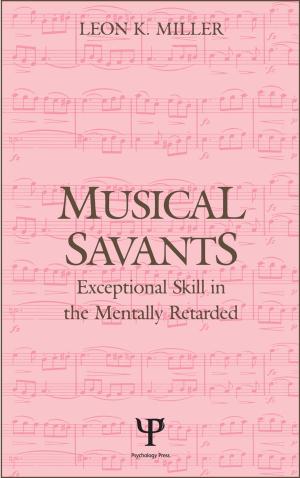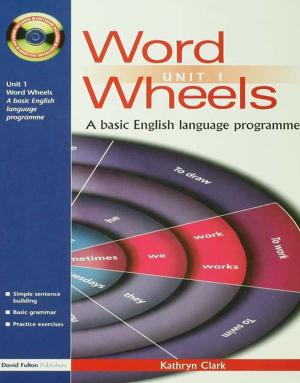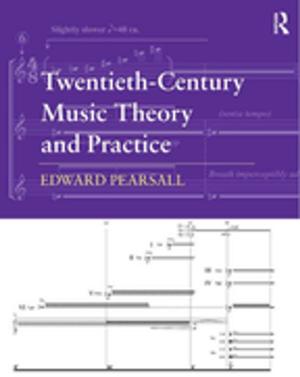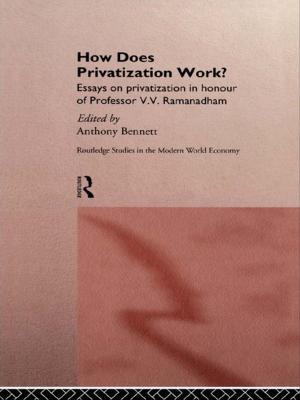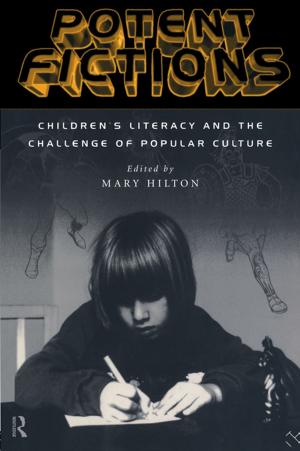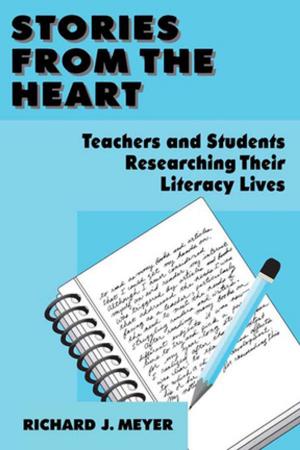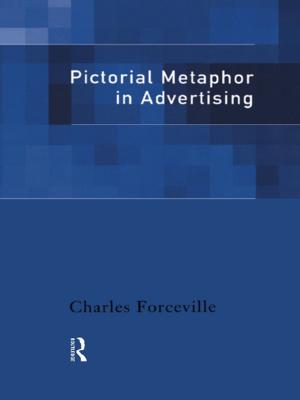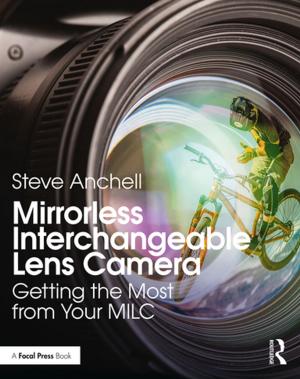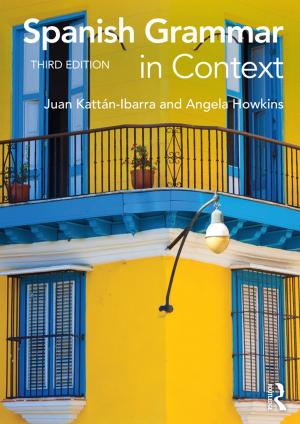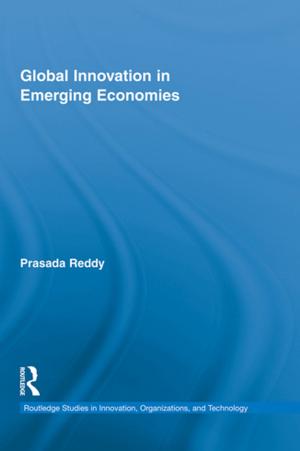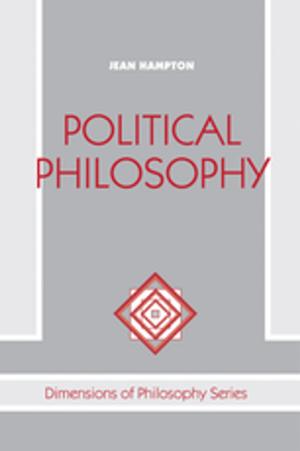Victorian Biography
Intellectuals and the Ordering of Discourse
Fiction & Literature, Literary Theory & Criticism| Author: | David Amigoni | ISBN: | 9781317867197 |
| Publisher: | Taylor and Francis | Publication: | September 25, 2014 |
| Imprint: | Routledge | Language: | English |
| Author: | David Amigoni |
| ISBN: | 9781317867197 |
| Publisher: | Taylor and Francis |
| Publication: | September 25, 2014 |
| Imprint: | Routledge |
| Language: | English |
This book rethinks Victorian biography and some of its major practitioners from the perspectives of Bakhtinian and Foucauldian discourse theory. A re-reading of the writings of Thomas Carlyle, particularly "Sartor Resartus" and Oliver Cromwell's "Letters and Speeches", provides the basis for the central argument of the book: that the biographical writings of late-19th-century figures such as John Morley, Frederick Harrison, Leslie Stephen, and J.R. Seeley need to be seen as an argument against Carlyle's writing practices, and as an attempt to impose cultural discipline on reading practices. The book contends that biography is a key genre for understanding debates between 19th-century intellectuals about the circulation and use of "literary" and "historical" discourse. As such, it is also a timely intervention in the current debate about the emergence of the disciplines of "literature" and "history" in the 19th century.
This book rethinks Victorian biography and some of its major practitioners from the perspectives of Bakhtinian and Foucauldian discourse theory. A re-reading of the writings of Thomas Carlyle, particularly "Sartor Resartus" and Oliver Cromwell's "Letters and Speeches", provides the basis for the central argument of the book: that the biographical writings of late-19th-century figures such as John Morley, Frederick Harrison, Leslie Stephen, and J.R. Seeley need to be seen as an argument against Carlyle's writing practices, and as an attempt to impose cultural discipline on reading practices. The book contends that biography is a key genre for understanding debates between 19th-century intellectuals about the circulation and use of "literary" and "historical" discourse. As such, it is also a timely intervention in the current debate about the emergence of the disciplines of "literature" and "history" in the 19th century.
